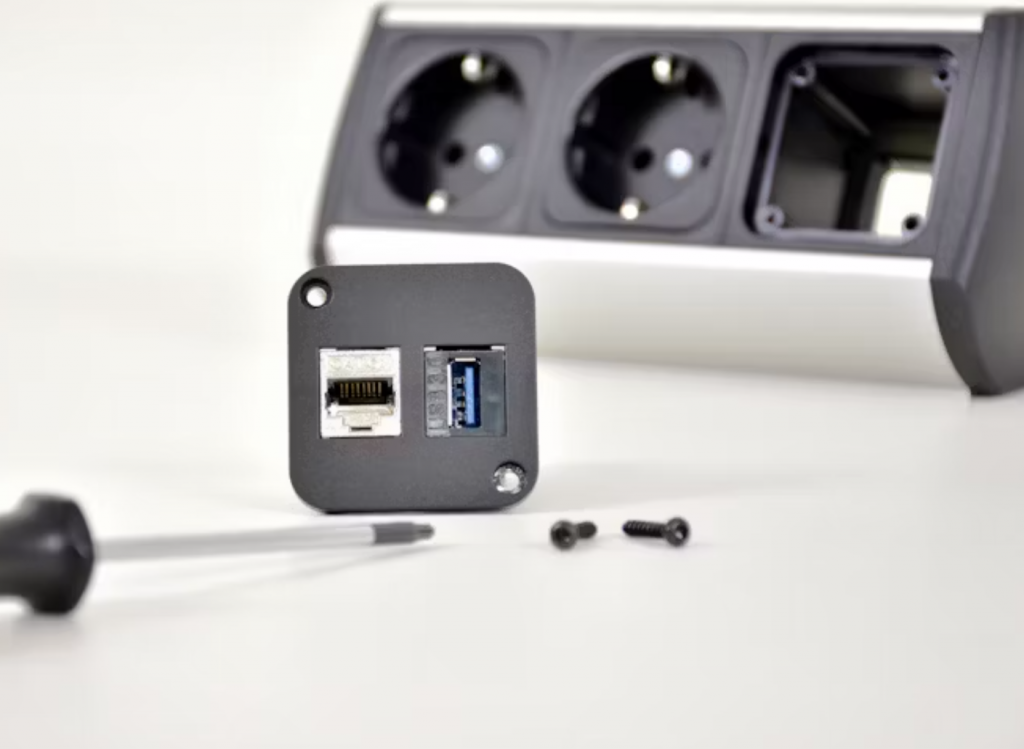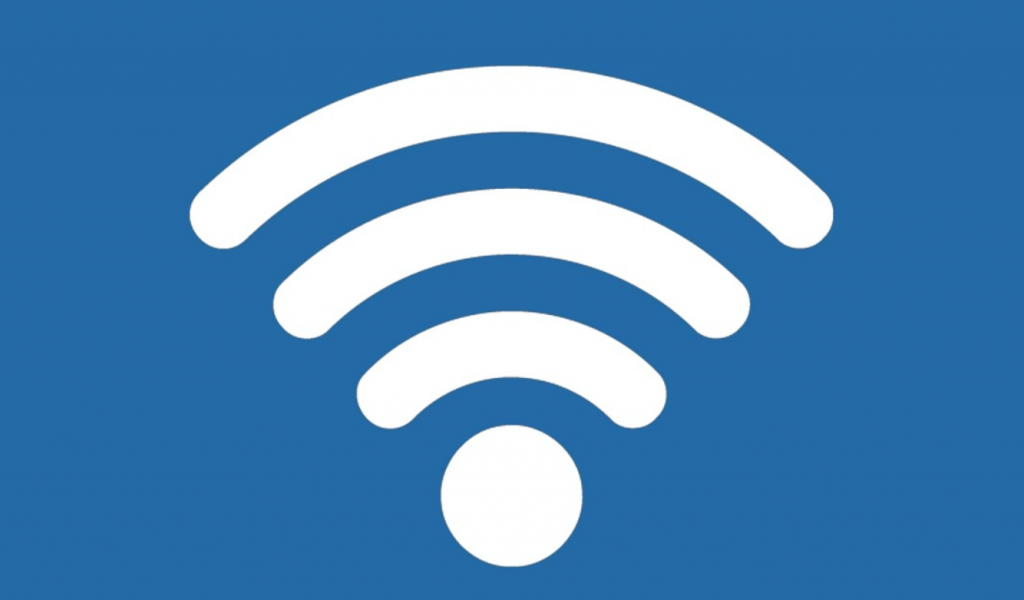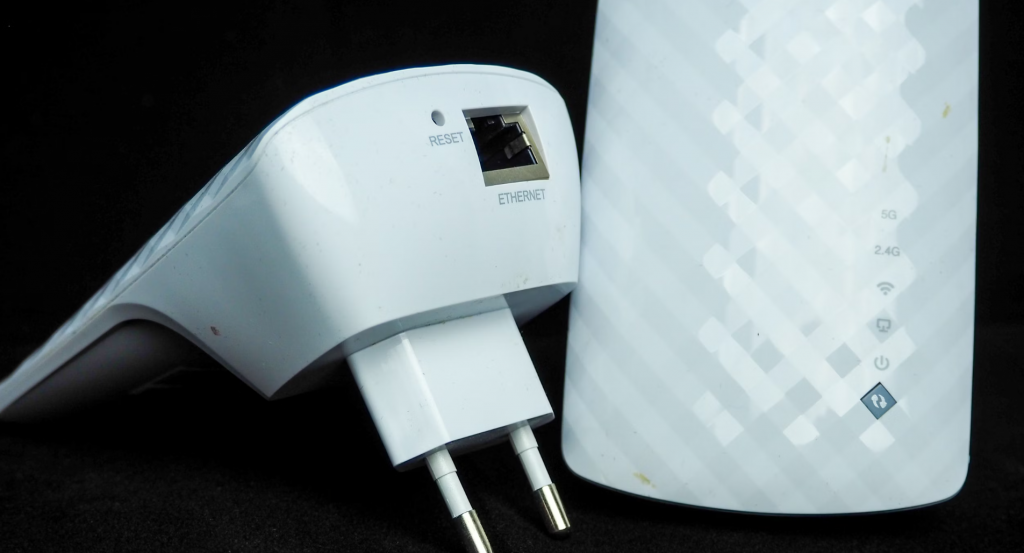Introduction
Smart plugs are a fantastic addition to any home, allowing you to control your appliances with ease. However, one common issue that frustrates users is the frequent disconnection of smart plugs. Whether you’re trying to turn on a lamp or control your coffee maker, it’s frustrating when the smart plug refuses to cooperate. In this article, we’ll explore the reasons why your smart plug keeps disconnecting and provide you with actionable steps to fix it.
Common Causes of Smart Plug Disconnecting
Smart plugs are often reliable, but several factors can cause them to disconnect from your network. Here are the most common causes:
Weak Wi-Fi Signal
One of the most frequent reasons for a smart plug disconnecting is a weak or unstable Wi-Fi signal. Smart plugs rely on a stable Wi-Fi connection to communicate with your router and the associated app. If your Wi-Fi signal is weak, the connection can be unreliable, leading to frequent disconnections.
Interference from Other Devices
Smart plugs operate on the same frequency bands as other household devices, such as microwaves, baby monitors, and cordless phones. These devices can cause interference, disrupting the connection between the smart plug and your Wi-Fi router. This interference can make your smart plug disconnect intermittently.
Power Supply Issues
Sometimes, the issue isn’t with the Wi-Fi connection at all but with the power supply. If there’s a problem with the outlet or the plug itself, it can lead to unexpected disconnections. Overloaded circuits or faulty wiring can cause power interruptions that affect your smart plug’s performance.
Outdated Firmware
Smart plugs rely on firmware to function. If the firmware becomes outdated, it may no longer be compatible with your network or app. This can lead to connection issues, including disconnections and inability to reconnect. Regular updates are crucial to keep everything working smoothly.
Overloaded Circuit
If your smart plug is controlling multiple high-power devices, it may be overloaded. An overloaded circuit can cause your smart plug to disconnect as a safety precaution. Make sure that your plug isn’t handling more than its rated capacity to prevent this from happening.
How to Troubleshoot Smart Plug Disconnects
Now that we know what might be causing the disconnections, let’s dive into how you can troubleshoot and fix the issue.
Check Your Wi-Fi Network
The first step is to check your Wi-Fi network. Ensure that your router is in good condition and that the signal strength is adequate. You can use your smartphone or a laptop to test the signal strength near the smart plug’s location. If the signal is weak, consider moving the router closer or using a Wi-Fi extender.
Reset and Reconfigure Your Smart Plug
Sometimes, a simple reset is all it takes to solve the issue. Unplug the smart plug from the outlet and wait for about 30 seconds. Plug it back in and reconfigure it through the app. This can help establish a fresh connection to the network.
Update Firmware Regularly
Check for firmware updates in your smart plug’s app. Manufacturers frequently release updates to improve performance, fix bugs, and ensure compatibility with the latest devices. Keeping your firmware up to date can solve many disconnection issues.
Ensure Proper Power Supply
Make sure the smart plug is plugged into a working outlet with a stable power supply. Test the outlet with another device to rule out any power issues. If the outlet is faulty, try a different one. Avoid using smart plugs in power strips if they are controlling high-wattage devices.
Avoid Overloading Circuits
Check the specifications of your smart plug to ensure it can handle the load of the devices you’re plugging into it. If you are using multiple devices, consider distributing them across different outlets or using a smart plug designed for higher power loads.
Advanced Solutions to Fix Smart Plug Disconnects
If basic troubleshooting doesn’t solve the issue, there are some advanced steps you can take to fix the problem.
Switch to a Different Wi-Fi Channel
Your router likely has multiple channels available. If many devices are using the same channel, this can cause interference and reduce the signal quality. Switch your router to a less congested channel, which may help improve the performance of your smart plug.
Use a Dedicated Smart Plug Hub
If interference or network congestion is a constant issue, consider using a dedicated smart plug hub. This is especially useful if you have multiple smart plugs and other smart devices connected to the same network. A hub can manage communication more effectively, reducing the likelihood of disconnections.
Contact Customer Support
If none of the above solutions work, it’s time to reach out to the manufacturer’s customer support team. There may be a hardware issue with the smart plug, or they may have specific troubleshooting steps to follow. Don’t hesitate to ask for assistance if you’re unable to resolve the issue on your own.

Preventing Future Smart Plug Disconnects
Once you’ve fixed the issue, it’s important to take steps to prevent the problem from recurring.
Position Smart Plugs for Better Connectivity
Place your smart plugs in areas with better Wi-Fi coverage. Avoid placing them near large appliances or walls that can obstruct the signal. The closer the plug is to your router, the better the connection.
Use a Wi-Fi Extender
If your smart plug is far from your router and the signal is weak, consider investing in a Wi-Fi extender. This device can boost your Wi-Fi signal, ensuring that your smart plug maintains a strong connection.
Choose the Right Smart Plug Model
Not all smart plugs are created equal. When purchasing a smart plug, make sure it’s compatible with your home’s Wi-Fi network and supports the required features. Look for models that are known for their reliability and connectivity.

Conclusion
Smart plugs are a valuable tool for automating your home, but like any technology, they can sometimes encounter issues like disconnections. Understanding the causes of these disconnects and taking proactive steps to address them can make a world of difference. By following the troubleshooting steps and implementing the preventative measures outlined above, you can enjoy seamless connectivity and make the most out of your smart plug.
FAQs
Why do smart plugs disconnect randomly?
Random disconnections can be caused by weak Wi-Fi signals, interference from other devices, outdated firmware, or power issues. Checking and improving these factors should solve the problem.
Can I use a smart plug without Wi-Fi?
No, smart plugs require a Wi-Fi connection to communicate with your smartphone or other control apps. Without Wi-Fi, they cannot operate as intended.
How often should I update my smart plug’s firmware?
You should check for firmware updates at least once every few months. If you notice performance issues, it’s a good idea to check for updates immediately.
Can interference from my microwave affect my smart plug?
Yes, microwaves and other household appliances that use similar frequencies can interfere with your smart plug’s connection, causing disconnections.
Should I invest in a Wi-Fi extender for better smart plug performance?
If your smart plug is far from the router and you experience connectivity issues, a Wi-Fi extender is a good investment. It will boost the signal and improve performance.



